Our society gets so caught up with what’s the latest health trend that the word “healthy” starts to lose its meaning. Everyone has their own perception of what “healthy” is, which makes constructing one definition of health very difficult. What works for one person may not work for the next, no matter how good the product claims to be. That being said, there are long-believed “healthy” habits that aren’t as good for you as you may think.
1. Stepping on the scale

Photo courtesy of empoweredteensandparents.com
While the occasional scale check is fine, stepping on the scale every day becomes obsessive and potentially self-destructive. Our weight changes so many times throughout the day depending on our water intake, salt intake, sugar intake, or bowel movements that what may appear as a pound or two added to the scale is most likely nothing at all.
We also don’t lose or gain a ton of weight between each day, so you may feel very discouraged if that number on the scale is staying remotely the same day in and day out.
2. Getting too much sleep

Photo courtesy of centurytimesonline.com
We need sleep to survive, especially because most people are not getting the recommended eight hours of sleep a night. Getting too much sleep sounds like a dream come true to most people, but sleeping too much can be pretty bad for you in the long run. Not only does it mess up your sleep schedule, but you’ll feel tired and lethargic if you are repeatedly catching too many z’s.
3. Drinking only on the weekends
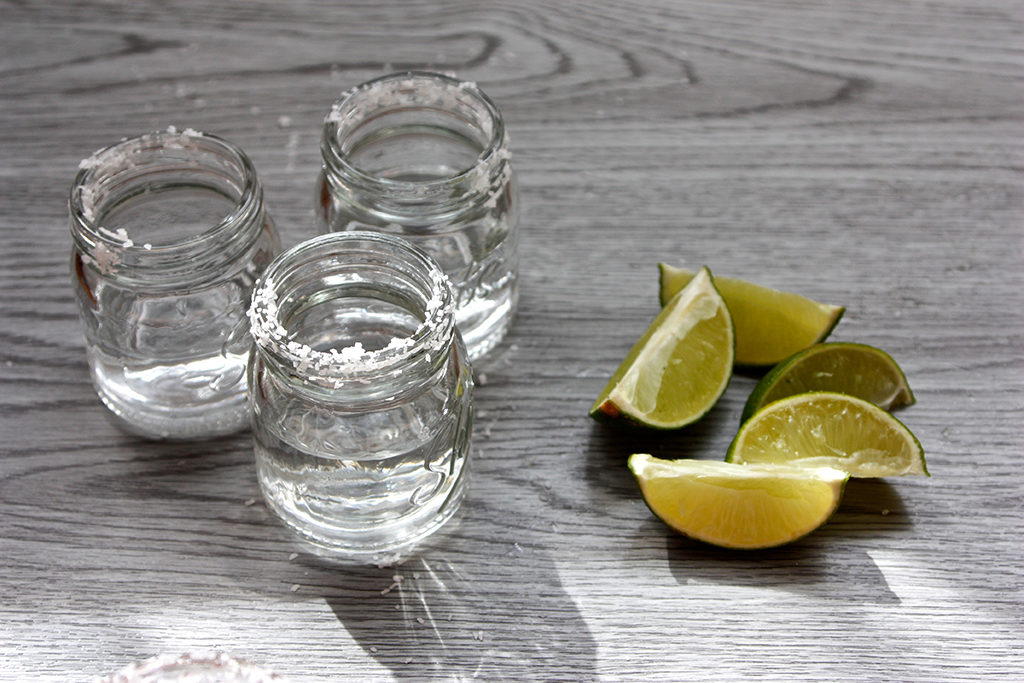
Photo by Christin Urso
A lot of people pride themselves on the fact that they are being healthier by only drinking two of the seven days a week. However, limiting yourself to some booze only on the weekends most likely leads to overconsumption of alcohol which not only packs on the pounds, but binge drinking can be deadly.
4. Having a cheat day
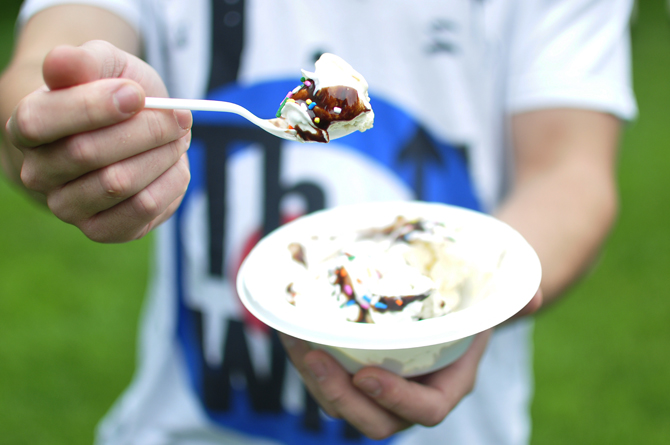
Photo by Jenny Georgieva
While it is important to treat yo self every once in a while, having a designated day may be detrimental to your diet. Only allowing yourself one specific day to pig out may leave you to overindulge and make restarting your diet the next day very difficult.
5. Using splenda instead of regular sugar
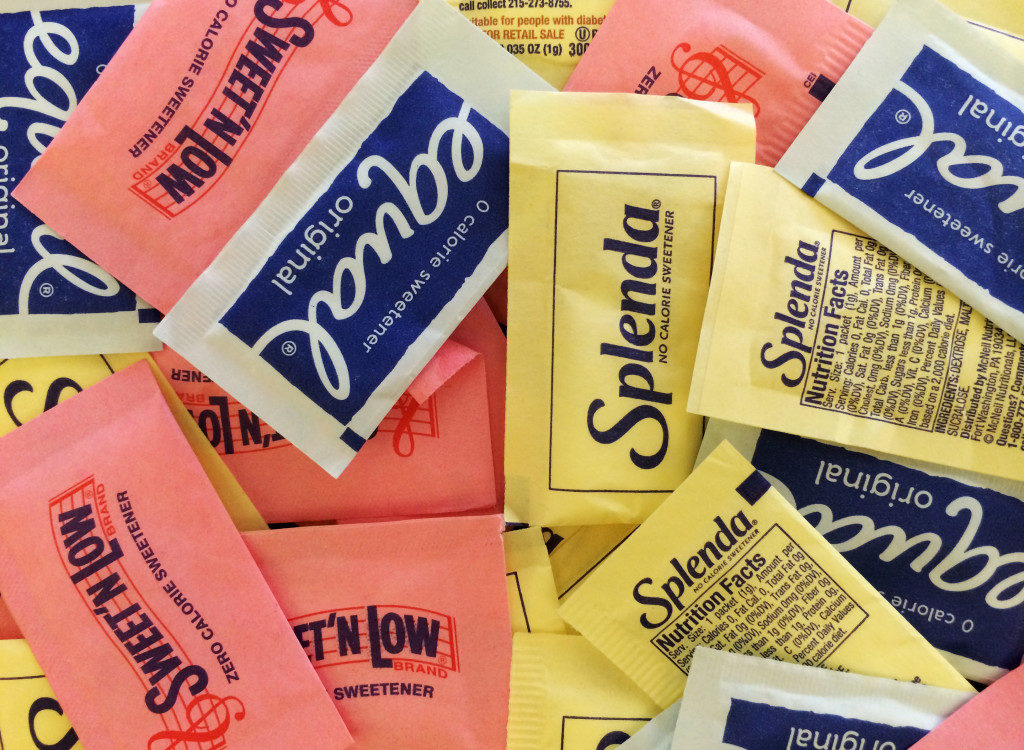
Photo courtesy of japantimes.co.jp
Splenda may be tempting because it is zero calories, but what it lacks in calories it makes up for in chemicals. It turns out, it truly is healthier to have a little bit of normal sugar than a lot of splenda.
6. Going gluten-free

Photo by Katherine Carroll
Unless you have celiac disease, which few people actually do, going gluten-free is no better for you than a normal, healthy diet. In fact, gluten-free foods have become a marketing tactic to raise prices on foods, so cut the costs and keep the gluten in your life. Trust me, from a fellow celiac patient – enjoy all the gluten while you can.
7. Chewing gum
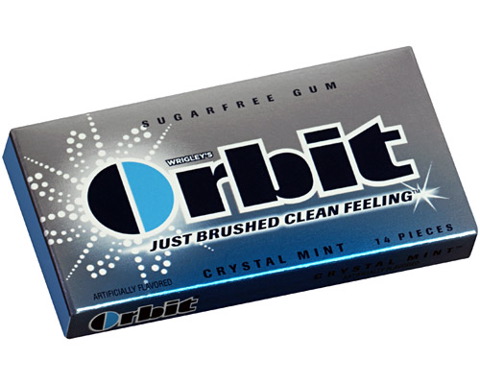
Photo courtesy of businessweek.com
While chewing gum is a great way to curb your cravings, it is very detrimental to not only your teeth, but your digestive system. Chewing gum sends a signal to the brain that food is coming, so the body reacts by secreting the stomach acids it uses to digest foods. When no foods comes its way, the stomach, in turn, has excess acid which leads to heartburn and bloating. Long story short: keep your tummy flat by eating a little something when you’re hungry, not by chewing gum.
8. Cutting carbs out of your diet
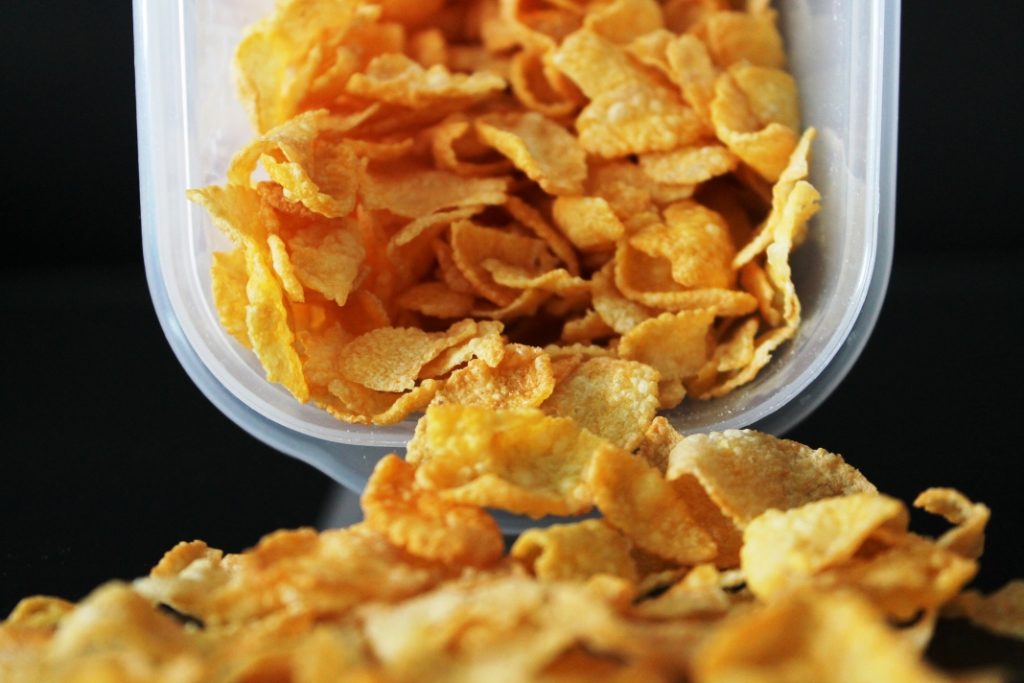
Photo by Aakanksha Joshi
Unless you have a wheat or gluten allergy, cutting carbs out of your diet won’t do you much good. It is difficult to get all of your required nutrients when you cut an entire food group out of your diet. Instead, opt for whole grains as often as possible and pass on the highly processed carbs.
9. Drinking carbonated water
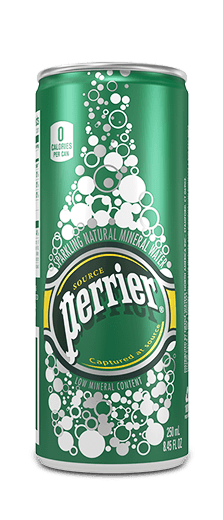
Photo courtesy of perrier.com
While carbonated water is a better alternative to drinking soda, the bubbles inside can cause severe gas and bloating. To avoid this discomfort, try to stick to good old-fashioned water.
10. Cutting fats from your diet
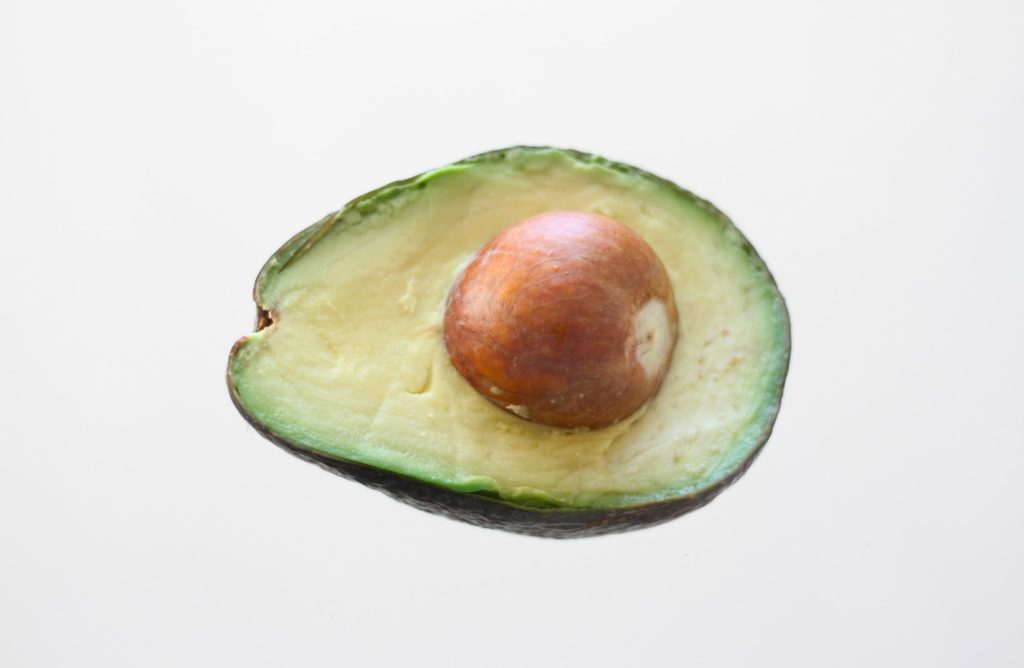
Photo by Sarah Silbiger
Believe it or not, there are such things as healthy fats that our body needs to survive. While I am by no means suggesting to go out and eat some fried food, I am telling you to incorporate healthy fats like avocado, coconut oil, and salmon into your diet.
11. Skipping meals
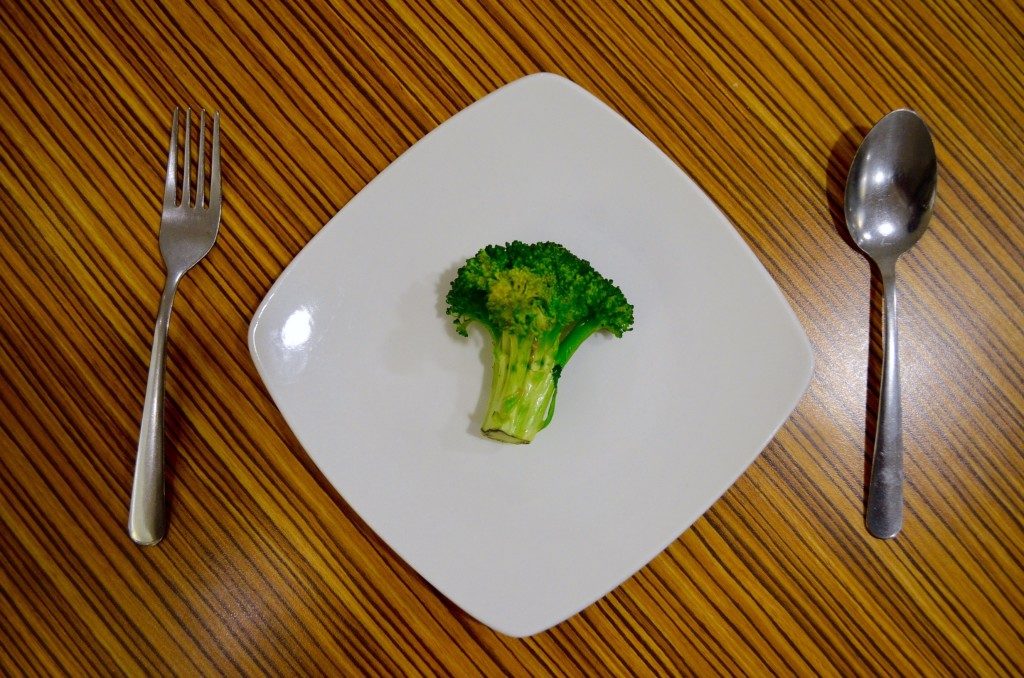
Photo by Jedd Marrero
There is a misconception that if you skip a meal you are being healthier because you are eating less, when in fact, skimping on meals is causing you to eat more. When you fast during the day, you get hungrier at night and think that you’ve earned to indulge a little because you were so good all day. This leads you to eat even more than you would have if you had just ate breakfast or lunch in the first place.
12. Eating fat-free or reduced fat foods
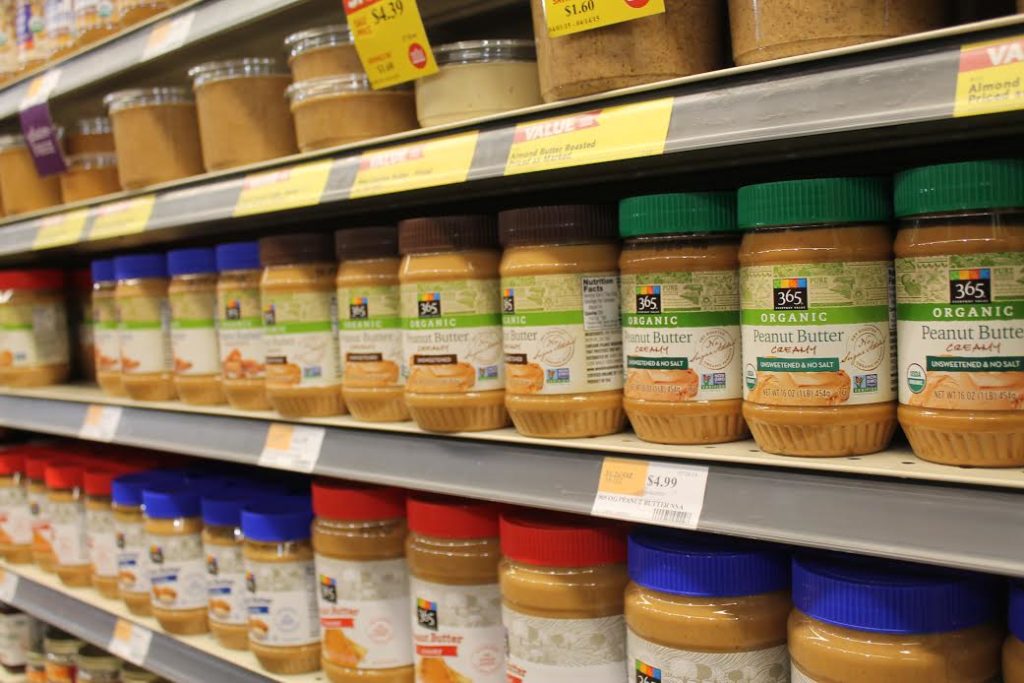
Photo by Kristin Brennan
When food companies skimp on fat, they often make up for it in other forms such as carbs and sugar. For example, reduced fat peanut butter is actually worse for you than the full-fat peanut butter because while they may have reduced the fat, they add a lot of sugar to make up for the lost taste.
13. Eating sugar-free foods
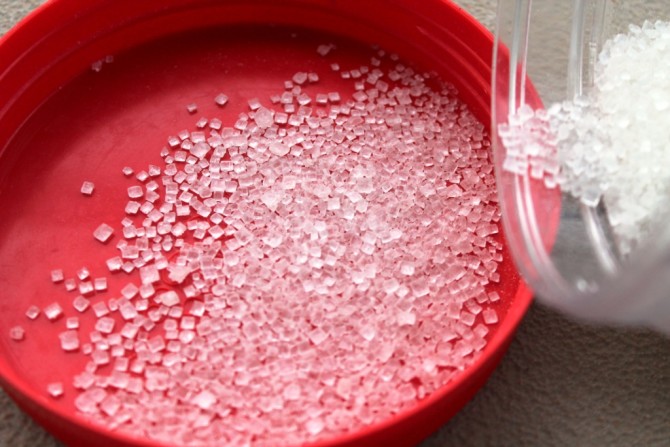
Photo by Aakanksha Joshi
Unless you have diabetes or other sugar-induced issues, sugar-free foods are by no means better for you. Most sugar-free foods just replace the regular sugar they would use for artificial sweeteners, which as you have read in #5 is a no no.
14. Eating bars instead of meals

Photo courtesy of Rob Stinnett on Flickr.com
When you’re on the go and don’t have time for a full-fledged meal, a bar might seem like the easy way to go. As tempting as it is, no bar can pack all of the healthy nutrients you would get from a meal. My advice: learn to prep your meals ahead of time and take them on the go with you instead of indulging in a sugary, not-so-healthy “protein” bar.
15. Drinking energy drinks

Photo courtesy of creammobile.wordpress.com
Energy drinks like Gatorade and Powerade to a great job of convincing you that you have sweat that much during your workout that you require A TON of sugar to make up for it. Unless you are a pro athlete, chances are some sugar-free, calorie-free, carb-free water will do an even better job in repairing your body than any sugary energy drink could.
16. Eating a big dinner
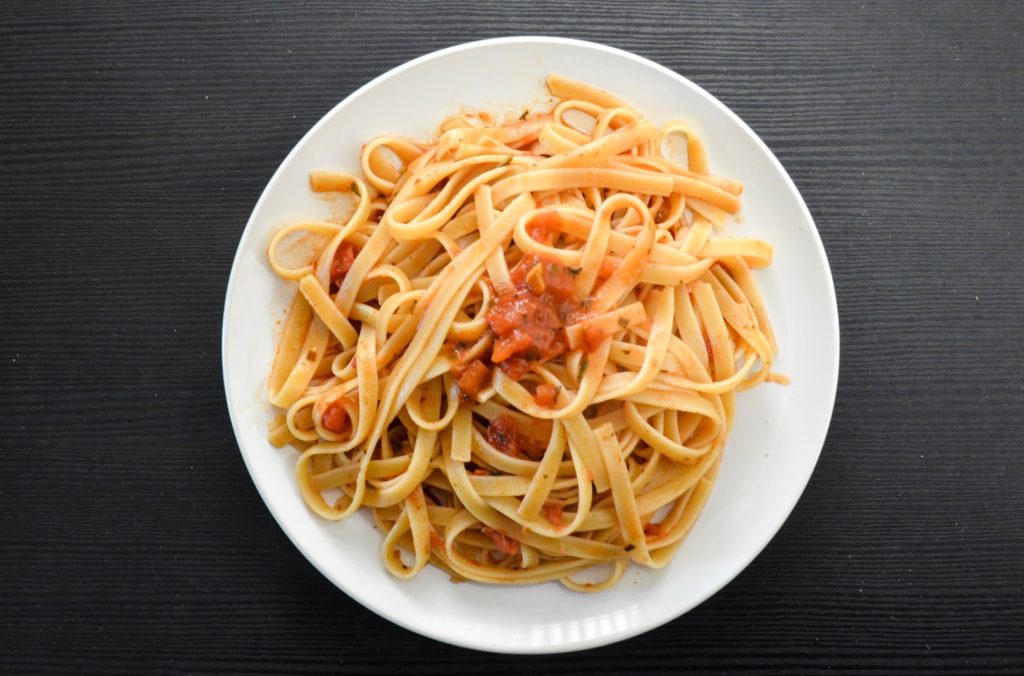
Photo by Jocelyn Hsu
We’ve all been there – you eat like a bird all day just to pig out during dinner. As it turns out, your mom was right. Breakfast is not only the most important meal of the day, but should also be the largest. As the day goes on, your metabolism and digestive system slows down. To accommodate this reduction, you should be reducing your food intake throughout the day as well.


